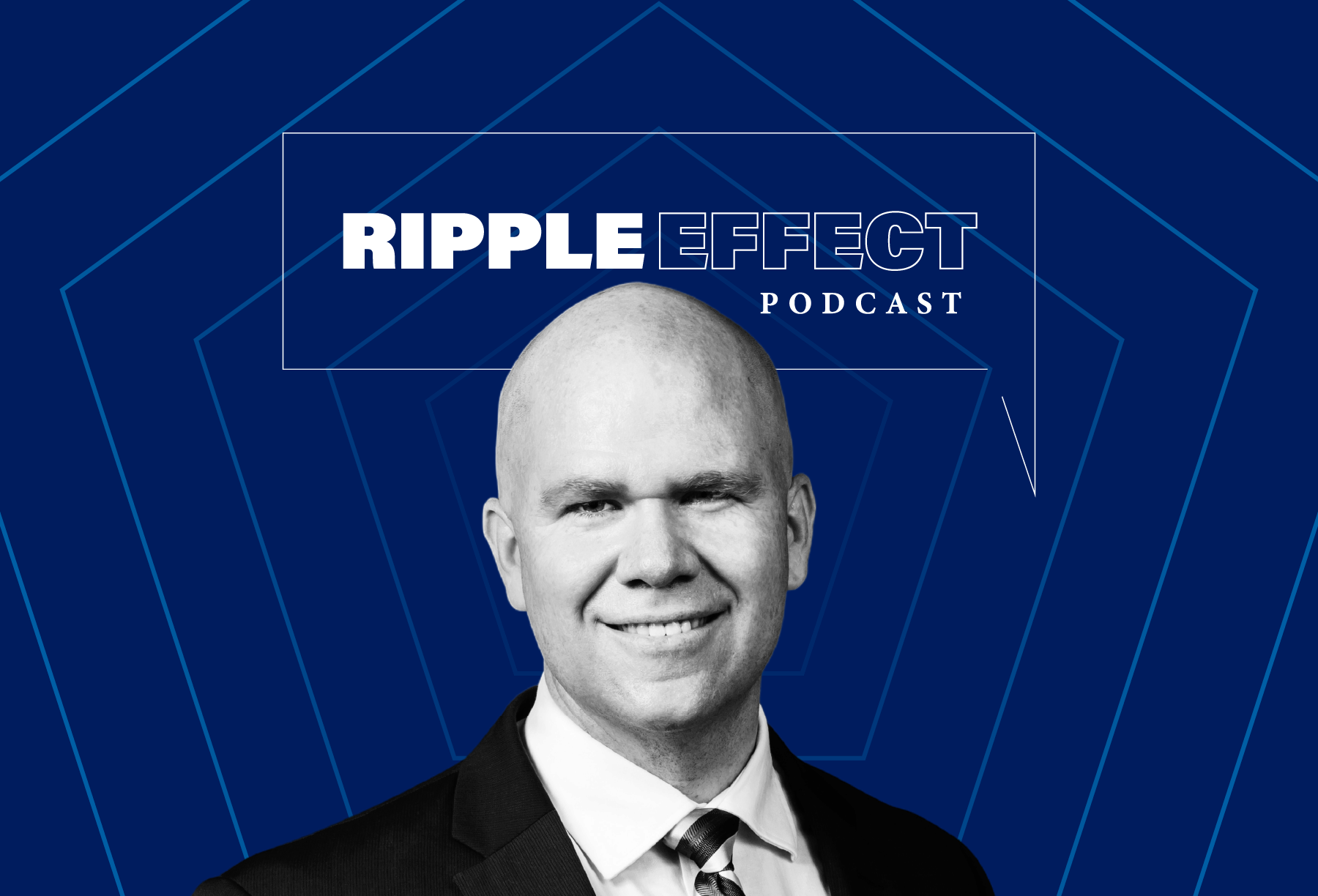In a significant development, the U.S. Consumer Financial Protection Bureau (CFPB) is contemplating the elimination of a registry established to monitor nonbank corporate offenders. This registry, created during the Biden administration, was designed to track companies found violating consumer laws. The proposal, announced on Tuesday, has been submitted to the Federal Register for public comment.
Background and Purpose of the Registry
The registry was introduced last year under the leadership of former CFPB Director Rohit Chopra. Its primary aim was to identify and deter repeat offenders among nonbank entities such as debt collectors, mortgage originators, payday lenders, and credit reporting agencies. Many of these companies operate without formal registration or licensing, making the registry a critical tool for consumer protection.
Chopra emphasized that the registry would serve as a deterrent, ensuring that companies with a history of violations would be closely monitored. By doing so, the CFPB aimed to uphold consumer rights and maintain transparency within the financial sector.
Shift in Policy Direction
However, the current acting Director of the CFPB, Russell Vought, has expressed concerns regarding the registry’s cost-effectiveness. In the notice submitted to the Federal Register, Vought noted that the financial burden on companies to comply with the registry might not justify the “speculative and unquantified benefits” it offers to consumers.
This proposal aligns with the Trump administration’s broader strategy of reducing the size and scope of the CFPB. Officials have been working towards minimizing the agency’s reach, with the potential removal of the registry being the latest step in this direction.
Public Consultation
The CFPB is actively seeking public input on the proposed cancellation of the registry. This move invites stakeholders, including industry players, consumer advocacy groups, and the general public, to voice their opinions on the matter. The public consultation process is crucial, as it will help the CFPB gauge the sentiment and opinions of various stakeholders before making a final decision.
Implications for the Financial Sector
The potential removal of the registry could have significant implications for the financial sector. Advocates of the registry argue that it plays a vital role in promoting accountability and transparency. By maintaining a record of nonbank corporate offenders, the CFPB has a powerful tool to protect consumers from unethical business practices.
On the other hand, opponents argue that the compliance costs associated with the registry can be burdensome for companies, particularly smaller entities. They contend that these costs could outweigh the benefits, especially if the registry’s effectiveness in preventing repeat offenses is not clearly demonstrated.
Future of Consumer Protection
The debate surrounding the registry’s potential removal raises broader questions about the future of consumer protection in the financial sector. Should the CFPB prioritize regulatory efficiency and cost-effectiveness over comprehensive oversight and consumer protection? This decision will likely shape the agency’s direction and impact how it enforces consumer protection laws in the coming years.
As the CFPB navigates these complex issues, it remains to be seen how the public consultation process will influence the final decision. Stakeholders are encouraged to participate and share their perspectives, ensuring that the CFPB’s actions reflect a balanced approach to consumer protection and regulatory efficiency.
For the latest updates on this and other financial news, follow us at fintechfilter.com.
Note: This article is inspired by content from https://www.yahoo.com/news/us-consumer-finance-watchdog-proposes-150056432.html. It has been rephrased for originality. Images are credited to the original source.







